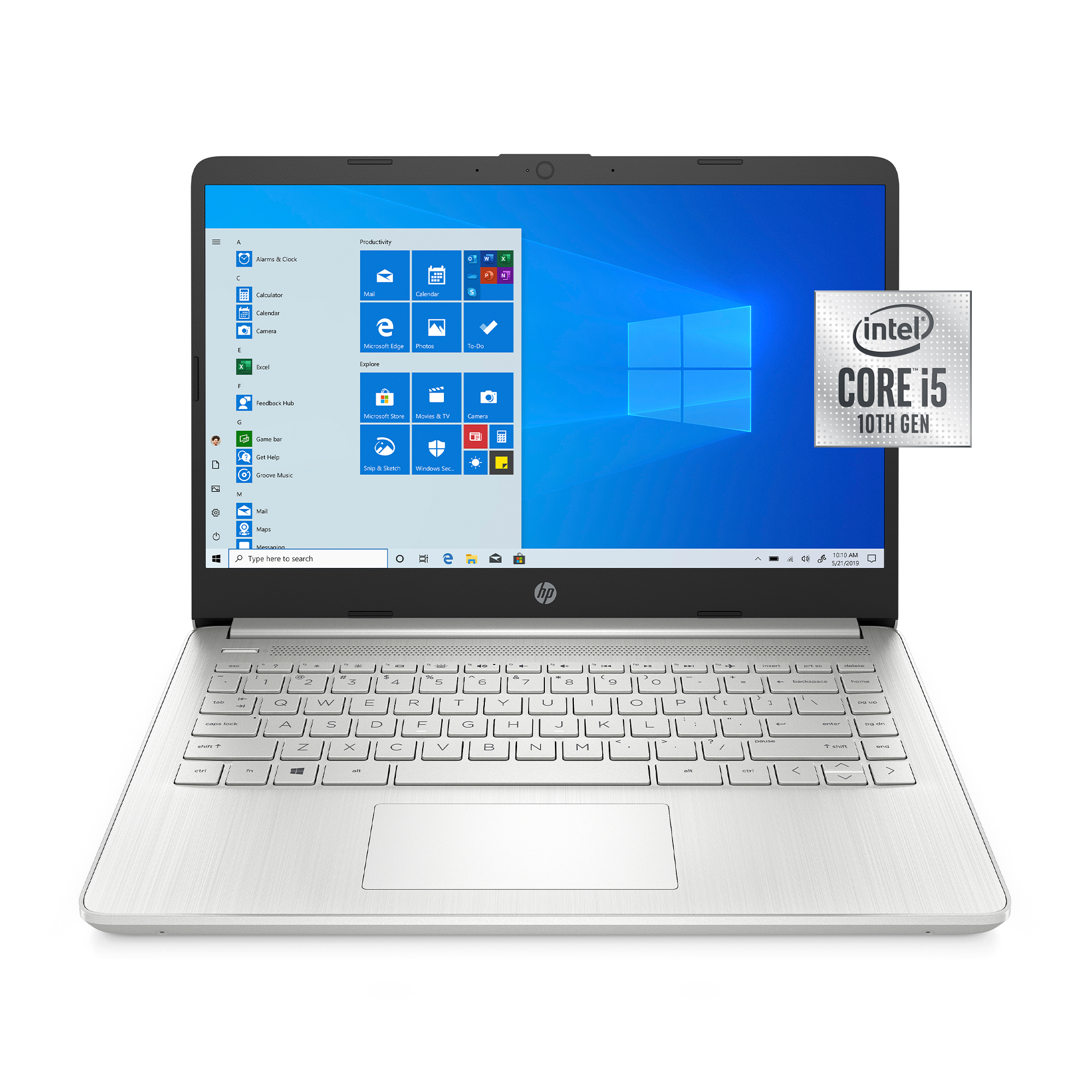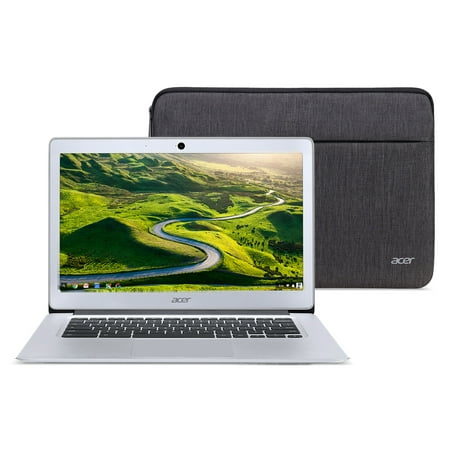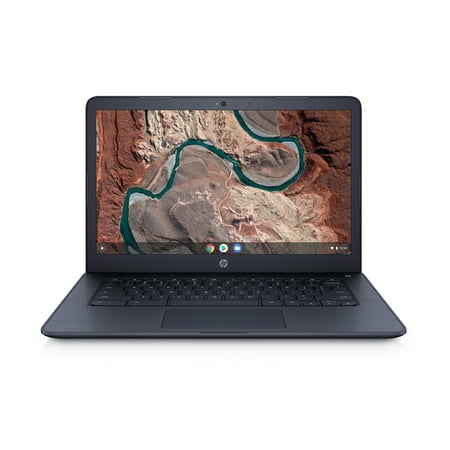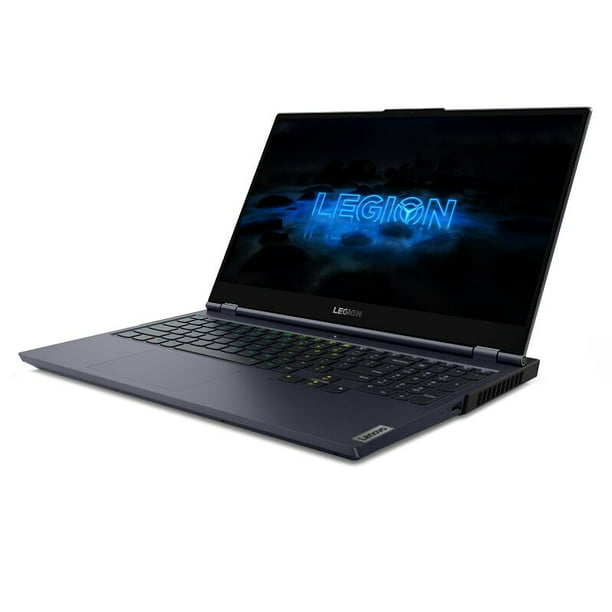HP 17.3″ AMD Athlon Gold 12GB RAM 2TB HDD Laptop – 9918317
Creativity has no bounds with this HP laptop. Build a photo album of the kids, edit that family vacation footage or design a logo for work. The 17.3″ display gives you a grand view, and makes navigation easy. Enjoy fast performance and multitasking with a computer perfect for work or play.
HP 17.3″ AMD Athlon Gold 12GB RAM 2TB HDD LaptopCreativity has no bounds with this HP laptop. Build a photo album of the kids, edit that family vacation footage or design a logo for work. The 17.3″ display gives you a grand view, and makes navigation easy. Enjoy fast performance and multitasking with a computer perfect for work or play.
What You Get
- HP 17.3″ laptop
- Power adapter
- Documentation
- Manufacturer’s 1-year limited warranty
Responsive, reliable performance
- You’ll have the power to surf, stream, and do so much more thanks to the AMD Athlon processor
- Extensive quality testing ensures that your HP laptop can keep up with you
- With its beautiful brushed keyboard and color-matched hinge, this smartly designed laptop looks as good as it performs
- Stay connected and entertained with a long-lasting HP Fast Charge battery and a visually rich display
- Plus, easily store and enjoy your favorite music, movies, and photos with ample storage
- The Athlon Gold processor offers a responsive computing experience for work and play
-
Enjoy convenient, reliable and fast wireless access at home or when connected to a public Wi-Fi hotspot
-
Wirelessly pair with your smartphone, headset, external speakers or other Bluetooth-compatible devices
-
Capable of handling multiple Wi-Fi devices at once within your wireless home network
Additional information
| Weight | Approx. 5.3 lbs. |
|---|---|
| Measurements | Approx. 16.3"L x 10.7"W x 1"H |






Reviews
There are no reviews yet.